According to The Guardian, as of 2013 there were more than half a million foreign-born domestic workers in Saudi Arabia. Most have backgrounds in poverty and come from Africa, the Indian subcontinent and Southeast Asia. To go to work in Saudi Arabia, they must often pay large sums to recruitment agencies in their home countries. The agencies then handle the necessary legal paperwork.As the Saudi population grows and oil export revenues stagnate, pressure for "Saudization" has grown, and the Saudi government hopes to decrease the number of foreign nationals in the country.
Saudi Arabia expelled 800,000 Yemenis in 1990 and 1991 and has built a Saudi–Yemen barrier against an influx of illegal immigrants and against the smuggling of drugs and weapons. In November 2013, Saudi Arabia expelled thousands of illegal Ethiopian residents from the Kingdom. Various Human Rights entities have criticized Saudi Arabia's handling of the issue.
Over 500,000 undocumented migrant workers — mostly from Somalia, Ethiopia, and Yemen — have been detained and deported since 2013. An investigation led by The Sunday Telegraph, exposed the condition of African migrants who were detained in Saudi Arabia allegedly for containing COVID-19 in the kingdom. Many of the migrants died due to heatstroke or by attempting suicide, after being severely beaten and tortured. The migrants lack proper living conditions, provision of food and water. From 2003 to 2013, "several key services" were privatized—municipal water supply, electricity, telecommunications—and parts of education and health care, traffic control and car accident reporting were also privatized. In November 2005, Saudi Arabia was approved as a member of the World Trade Organization.
Negotiations to join had focused on the degree to which Saudi Arabia is willing to increase market access to foreign goods and in 2000, the government established the Saudi Arabian General Investment Authority to encourage foreign direct investment in the kingdom. Saudi Arabia maintains a list of sectors in which foreign investment is prohibited, but the government plans to open some closed sectors such as telecommunications, insurance, and power transmission/distribution over time. The government has also made an attempt at "Saudizing" the economy, replacing foreign workers with Saudi nationals with limited success.
Authorities in Saudi Arabia announced the full lifting of the nationwide curfew and the resumption of all economic and commercial activities from Sunday 21 June. There are no restrictions on travel to and from airports and ports. Commercial flights are now operating to and from Saudi Arabia on a limited number of routes. All modes of public transport are permitted to operate at full capacity. The Saudi authorities have announced that wearing a face mask in public places is mandatory.
The Saudi authorities will keep this plan under review depending on the progress of the virus. You should monitor announcements issued by the Saudi Ministry of Health Twitter page and Ministry of Interior see here for any updates. The Saudi authorities may implement localised lockdowns in response to the detection of infection clusters. If you are subject to a localised lockdown, follow the instructions of the authorities. In response to the new strain of COVID-19, on December 27, the government of Saudi Arabia announced a one-week extension of its travel-related restrictions. The restrictions, originally announced on December 21, extended the suspension, except in exceptional cases, of all international flights for travelers, including entry to the Kingdom through land and sea ports.
In response to the spread of a new strain of COVID-19, entry into Saudi Arabia from 13 countries is restricted to residents of Saudi Arabia who have received two doses of a Covid-19 vaccine within Saudi Arabia prior to their travel. Health workers, diplomats and Saudi nationals, and their families are exempt from the restriction but may still be required to complete a period of home quarantine and PCR tests on arrival. For all other travellers, including those who have visited or transited through one of the countries listed above in the 14 days prior to entering Saudi Arabia, travel to Saudi Arabia from these countries remains suspended.
Obesity is a problem among middle and upper-class Saudis who have domestic servants to do traditional work but, until 2018, were forbidden to drive and so are limited in their ability to leave their home. The religious police, known as the mutawa, imposed many restrictions on women in public in Saudi Arabia. The restrictions include forcing women to sit in separate specially designated family sections in restaurants, to wear an abaya and to cover their hair. However, in 2016, the Saudi cabinet has drastically reduced the power of the religious police and barred it "from pursuing, questioning, asking for identification, arresting and detaining anyone suspected of a crime".
The vast wealth generated by oil revenues was beginning to have an even greater impact on Saudi society. It led to rapid technological modernization, urbanization, mass public education, and the creation of new media. This and the presence of increasingly large numbers of foreign workers greatly affected traditional Saudi norms and values. Although there was a dramatic change in the social and economic life of the country, political power continued to be monopolized by the royal family leading to discontent among many Saudis who began to look for wider participation in government. The Covid-19 pandemic has further exposed and amplified the ways in which migrant workers' rights are violated. In March and April, Human Rights Watch and other international human rights organizations called on governments to take several steps to adequately protect migrant workers from the spread of the virus, including in immigration detention and labor accommodations.
Many migrant workers faced dismissals and unpaid wages, and were unable to return home due to expensive tickets and travel restrictions. Some 30 women served in the last parliament, and a female deputy speaker was appointed in October 2020. Women secured about 1 percent of the seats in the 2015 municipal council elections. Shiites reportedly hold a small number of Majlis al-Shura seats and many municipal council seats in Shiite-majority areas. The suspension of all international flights to/from Saudi Arabia is extended until further notice. The Saudi authorities have introduced an online registration system to facilitate the repatriation of expatriates holding exit/re-entry or final exit visas to their home countries.
Approved residents will receive an SMS with available dates and will be able to purchase flight tickets. Departures will take place through Riyadh-based King Khalid International Airport, Jeddah-based King Abdulaziz International Airport and Dammam-based King Fahd International Airport. In its Corruption Perceptions Index for 2010, Transparency International gave Saudi Arabia a score of 4.7 (on a scale from 0 to 10 where 0 is "highly corrupt" and 10 is "highly clean"). A number of prominent Saudi Arabian princes, government ministers, and businesspeople, including Prince Al-Waleed bin Talal, were arrested in Saudi Arabia in November 2017. In July, the United Kingdom imposed human rights sanctions on Saudi officials, including the deputy intelligence chief, in connection with Jamal Khashoggi's killing. A landmark courtruling in 2019 forced the UK government to pause sales until it could show that it had properly evaluated the risk that weapons sold to Saudi Arabia could be used in laws of war violations.
Repression of the rights to freedom of expression, association and assembly intensified. Virtually all known Saudi Arabian human rights defenders inside the country were detained or imprisoned at the end of the year. Grossly unfair trials continued before the Specialized Criminal Court and other courts. Courts resorted extensively to the death penalty and people were executed for a wide range of crimes. Migrant workers were even more vulnerable to abuse and exploitation because of the pandemic, and thousands were arbitrarily detained in dire conditions, leading to an unknown number of deaths. Academics have faced punishment for criticizing government policies or for other reasons.
History professor and women's rights activist Hatoon al-Fassi was arrested in 2018, days after her comments on the crown prince's reforms were publicized. She was provisionally released in May 2019, along with three other activists, but still awaits a trial for illegal contact with foreign media, diplomats, and human rights groups. In August 2020, academic Abdullah Ibn Ali Basfar was arrested under unclear circumstances. However, the decision will not be an easy one, as it has been for the other countries that risked little and gained a great deal by opening diplomatic relations with Israel.
Saudi Arabia has a much larger, more diverse, and potentially volatile population and brittle political domestic equation than its smaller neighbors. It also has to protect a regional Arab leadership role that it has no choice but to perform given the vacuum left by traditional centers of power as well as a global Islamic leadership role that it has longfought to maintain. Normalizing relations with Israel could again make Saudi Arabia a focus of radical Sunni Islamist violence, increase domestic religious and nationalist opposition to Mohammed bin Salman's rule, and be exploited by Iran and its allies to castigate Saudi Arabia. It is also especially awkward for Saudi Arabia to discard the principles of the Arab Peace Initiative, as its author and main sponsor, by normalizing relations with Israel despite a continuation of the occupation of Palestinian territories. From 15 September 2020, certain categories of travellers holding valid visas (exit/entry, business, residence/Iqama and visit) are allowed to enter and exit the Kingdom of Saudi Arabia. Many public places have hygiene measures in place, including taking a temperature check and sanitising hands upon entry.
You are required to show your health status on the Tawakkalna app here before being allowed to enter. You are required to show your health status on the Tawakkalna app before being allowed to enter. A new strategy has been developed by the Ministry, known as Diet and Physical Activity Strategy or DPAS for short. Many lifestyle issues in the country were causing bad lifestyle choices.
This led to the Ministry advising that there should be a tax increase on unhealthy food, drink and also cigarettes in the region. This additional tax could be utilized to improve healthcare offerings. As part of the same strategy, calorie labels were added in 2019 to a number of food and drink products. Ingredients were also listed, not as an aim to reduce obesity, but also for citizens with health issues, to manage their diet. As part of the ongoing focus on tackling obesity, women-only gyms were allowed to open in 2017.
A number of sports were offered in each of these gyms, including bodybuilding, running and swimming to maintain higher standards of health.Smoking in Saudi-Arabia in all age groups was widespread. In 2009 the lowest median percentage of smokers was university students (~13.5%) while the highest was elderly people (~25%). The study also found the median percentage of male smokers to be much higher than that of females (~26.5% for males, ~9% for females). Before 2010, Saudi Arabia had no policies banning or restricting smoking. The unexpected impact of COVID-19 pandemic on the economy, along with Saudi Arabia's poor human rights records, laid unforeseen challenges before the development plans of the Kingdom, where some of the programs under 'Vision 2030' were also expected to be affected.
What countries are included in Saudi Arabia On 2 May, the Finance Minister of Saudi Arabia admitted that the country's economy was facing a severe economical crisis for the first time in decades, due to the pandemic as well as declining global oil markets. Mohammed Al-Jadaan said that the country will take "painful" measures and keep all options open to deal with the impact. The kingdom spends 8% of its GDP on the military , which places it as the world's third biggest military spender behind the United States and China, and the world's largest arms importer from 2015 to 2019, receiving half of all the US arms exports to the Middle East. According to the BICC, Saudi Arabia is the 28th most militarized country in the world and possesses the second-best military equipment qualitatively in the region, after Israel. By the late 2010s, there have been continual calls for halting of arms sales to Saudi Arabia, mainly due to alleged war crimes in Yemen and especially following the assassination of Jamal Khashoggi.
Brazil and Vietnam are the other countries that included in the new list of countries allowed direct entry into the Kingdom. All those who come from these countries are required to spend five days in institutional quarantine, regardless of their immunization status outside the Kingdom, the source said. A 2013 law broadly defined and criminalized domestic abuse, prescribing fines and up to a year in prison for perpetrators.
However, enforcement remains problematic, with some officials prioritizing privacy and family integrity over safety and justice for victims. Women's practical ability to leave abusive relationships is severely limited. Allegations of torture by police and prison officials are common, and access to prisoners by independent human rights and legal organizations is extremely limited. In March 2019, international media published leaked prison medical records indicating that a number of political prisoners suffered from cuts, bruises, burns, and malnutrition.
Detained women's rights activists were reportedly given electric shocks, whipped, beaten, sexually abused, and threatened with rape. The family of Loujain al-Hathloul stated she had been offered freedom on the condition that she recant her torture allegations, but she refused. The state's oil revenues make up the vast majority of its financial resources, but these are tightly controlled by the royal family, which uses the same income to support itself.
In 2018 and 2019, the state oil company, Saudi Aramco, provided more income and expenditure information in preparation for an initial public offering. However, amid ongoing questions about its relationship with the government, the company opted that December to list shares only on a domestic stock exchange, which entailed less transparency than would be required on a major international exchange. The government has taken some steps to combat corruption and recover misappropriated assets, but its opaque methods have raised serious concerns about politicization and lack of due process. The crown prince heads an anticorruption committee, which in 2017 ordered the detention of more than 300 people, many of whom were coerced into turning over billions of dollars in assets to the state. Bin Salman's campaign has targeted potential rivals within the royal family, leading observers to suggest these crackdowns are meant to consolidate his political and economic control. Major crackdowns and arrests continued in 2020, with 298 government employees being arrested for corruption in March.
Another 59 were arrested in October, and over $160 million worth of assets were seized. In November, 226 public– and private-sector officials were arrested. Saudi Arabia's absolute monarchy restricts almost all political rights and civil liberties. The regime relies on pervasive surveillance, the criminalization of dissent, appeals to sectarianism and ethnicity, and public spending supported by oil revenues to maintain power. Women and religious minorities face extensive discrimination in law and in practice. Working conditions for the large expatriate labor force are often exploitative.
Travelbans.org provides access to measures and global travel restrictions taken by governments. Our information includes country travel restrictions, flight restrictions, the requirement of COVID- 19 certificates, quarantine measures and vaccination. As much as possible, we provide a link to the resource on the respective website. Although we do our best to keep the information updated as it is reported. The information shown is for guidance only since the situation is rapidly evolving. The Ministry of Interior announced that from Thursday 20 May 2021, all passengers arriving into the Kingdom from countries that are not included in the travel suspension will be subject to seven days' institutional quarantine.
Under Saudi law, every adult female must have a male relative as her "guardian" , As of 2008, a woman was required to have permission from her male guardian in order to travel, study, or work. A royal decree passed in May 2017 allowed them to avail government services such as education and healthcare without the need of a consent of a male guardian. The order however also stated that it should only be allowed if it does not contradict the Sharia system. Health care in Saudi Arabia is a national health care system in which the government provides free health care services through a number of government agencies. Saudi Arabia has been ranked among the 26 best countries in providing high quality healthcare. The Saudi Ministry of Health is the major government agency entrusted with the provision of preventive, curative, and rehabilitative health care for the Kingdom's population.
The Ministry's origins can be traced to 1925, when a number of regional health departments were established, with the first in Makkah, Saudi Arabia. The various healthcare institutions were merged to become a ministerial body in 1950. Abdullah bin Faisal Al Saud was the first health minister and served in the position for three years, with his main role to set up the newly formed Ministry. According to estimates there are about 1,500,000 Christians in Saudi Arabia, almost all foreign workers. Saudi Arabia allows Christians to enter the country as foreign workers for temporary work, but does not allow them to practice their faith openly.
The percentage of Saudi Arabian citizens who are Christians is officially zero, as Saudi Arabia forbids religious conversion from Islam and punishes it by death. According to Pew Research Center there are 390,000 Hindus in Saudi Arabia, almost all foreign workers. There may be a significant fraction of atheists and agnostics in Saudi Arabia, although they are officially called "terrorists".
In its 2017 religious freedom report, the US State Department named Saudi Arabia a Country of Particular Concern . The Saudi government, which mandates Muslim and non-Muslim observance of Sharia law under the absolute rule of the House of Saud, have been accused of and denounced by various international organizations and governments for violating human rights within the country. The totalitarian regime ruling the Kingdom of Saudi Arabia is consistently ranked among the "worstest" in Freedom House's annual survey of political and civil rights. According to Amnesty International, security forces continued to torture and ill- treat detainees to extract confessions to be used as evidence against them at trial. Saudi Arabia abstained from the United Nations vote adopting the Universal Declaration of Human Rights, saying it contradicted sharia law. Mass execution such as those carried out in 2016 and in 2019 have been condemned by international rights groups.
The king combines legislative, executive, and judicial functions and royal decrees form the basis of the country's legislation. The king is also the prime minister, and presides over the Council of Ministers of Saudi Arabia and Consultative Assembly of Saudi Arabia. The family's vast numbers allow it to control most of the kingdom's important posts and to have an involvement and presence at all levels of government. The number of princes is estimated to be at least 7,000, with most power and influence being wielded by the 200 or so male descendants of Ibn Saud.
The key ministries are generally reserved for the royal family, as are the 13 regional governorships. By 1976, Saudi Arabia had become the largest oil producer in the world. Khalid's reign saw economic and social development progress at an extremely rapid rate, transforming the infrastructure and educational system of the country; in foreign policy, close ties with the US were developed. In 1979, two events occurred which greatly concerned the government, and had a long-term influence on Saudi foreign and domestic policy.
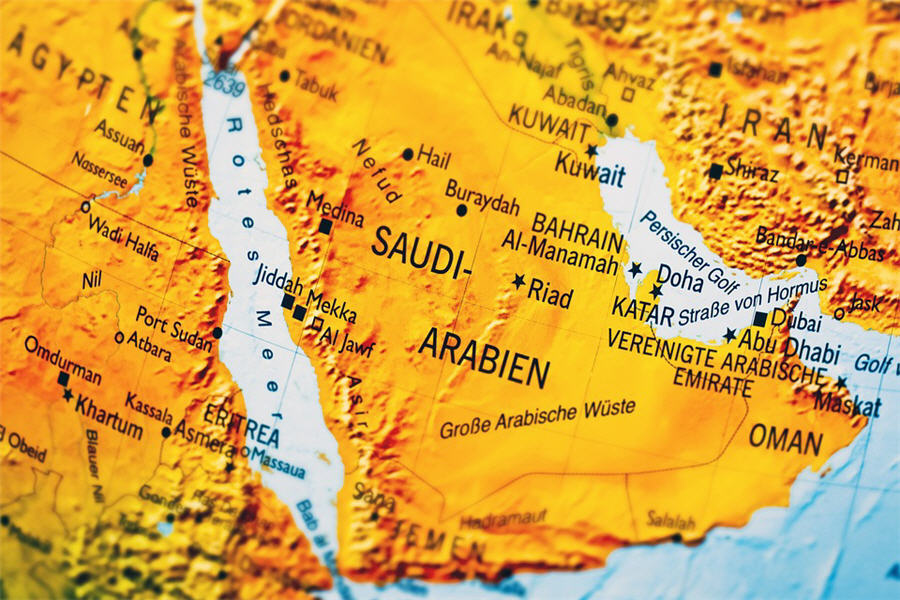
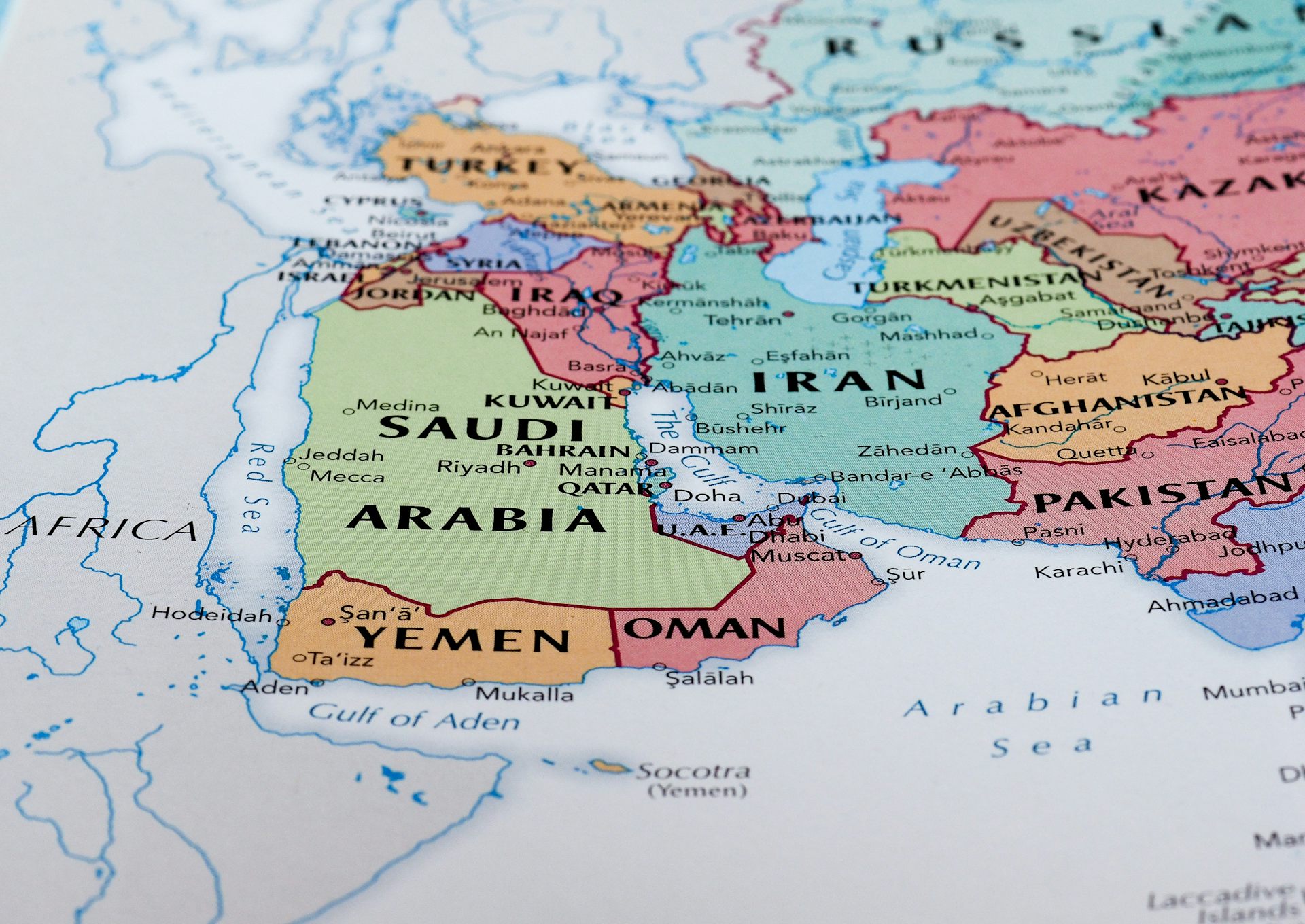











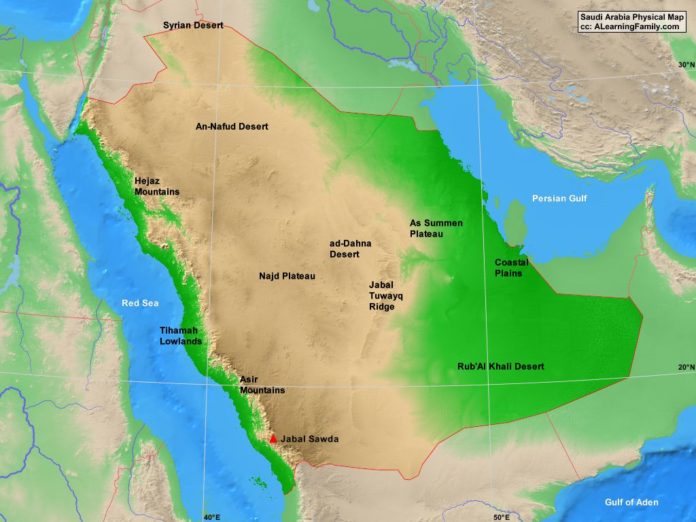


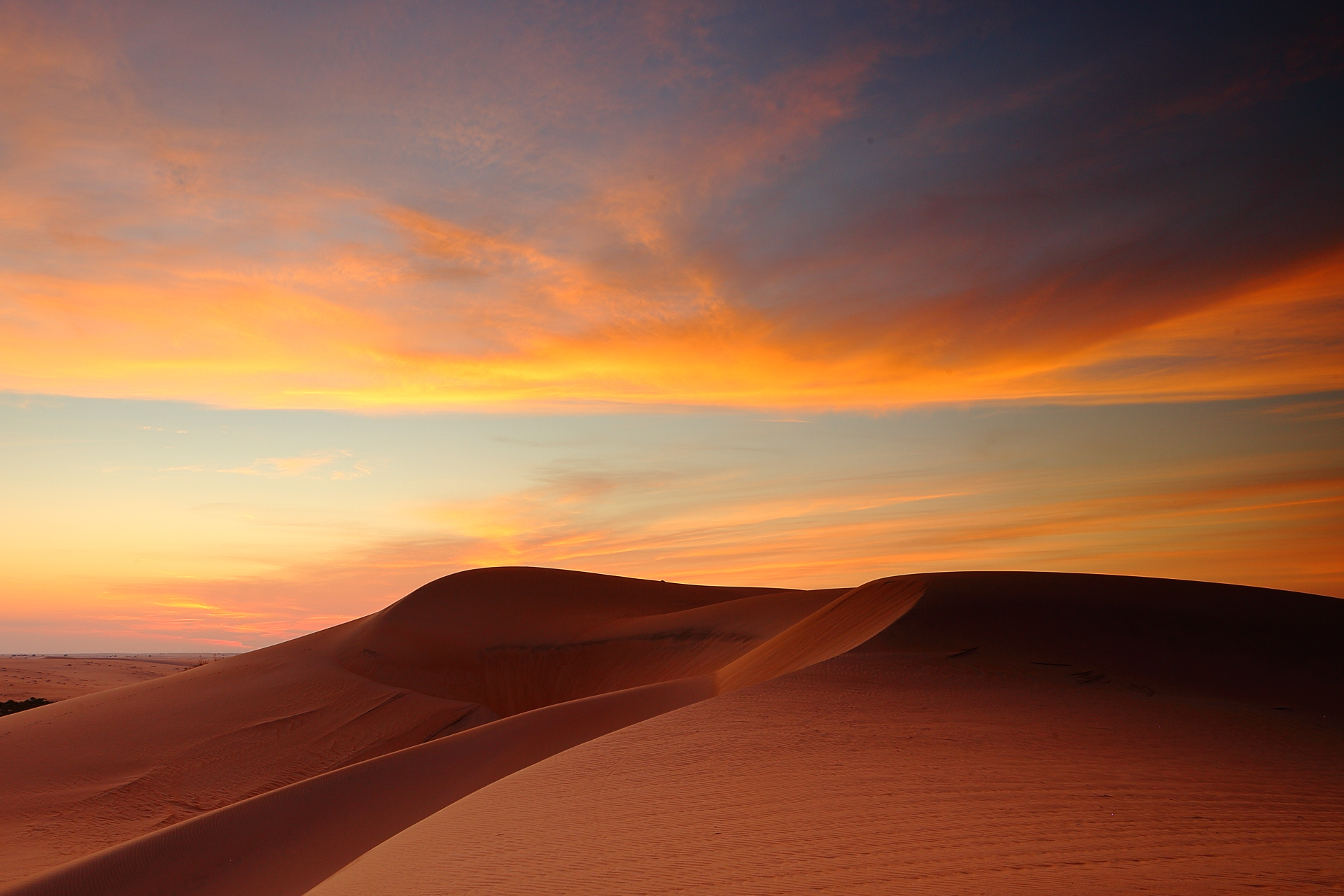




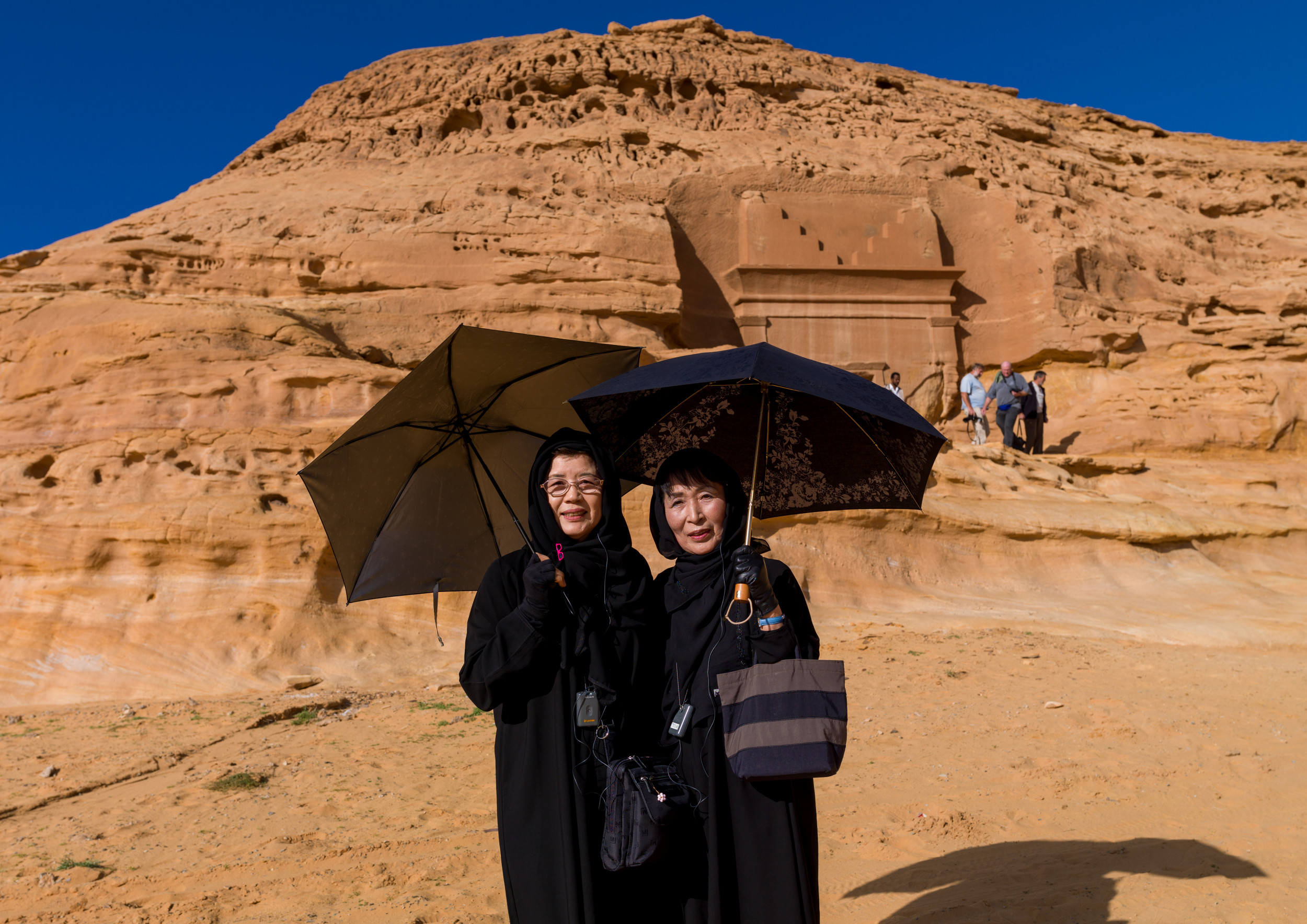




No comments:
Post a Comment
Note: Only a member of this blog may post a comment.